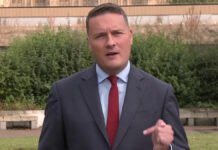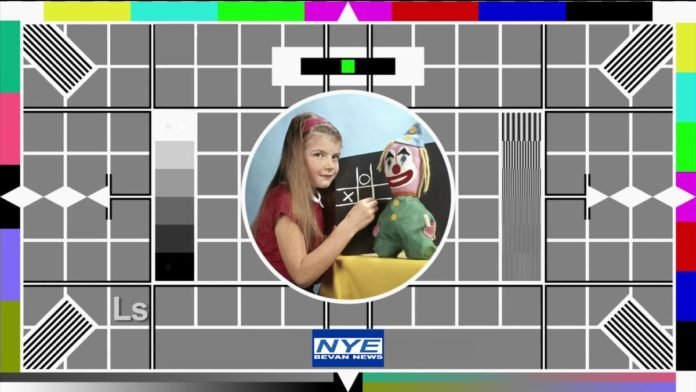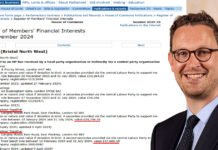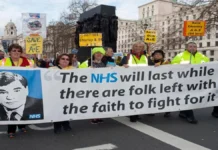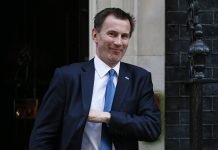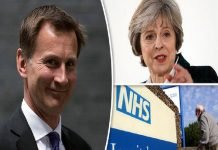Under the new rules, only low-income households where one person receives the pension credit benefit will still be eligible for a free licence.
In 2015, the government announced the BBC would take over the cost of providing free licences for over-75s by 2020 as part of the fee settlement.
But that would have cost £745m, a fifth of the BBC’s budget, by 2021/22.
The new scheme will cost the BBC around £250 million by 2021/22 depending on the take-up.
Funding free TV licences for all over-75s would have resulted in “unprecedented closures”, the BBC said.
The broadcaster said that BBC Two, BBC Four, the BBC News Channel, the BBC Scotland channel, Radio 5live, and a number of local radio stations would all have been at risk.
The BBC said “fairness” was at the heart of the ruling, which comes into force in June 2020.
It follows a consultation with 190,000 people, of whom 52% were in favour of reforming or abolishing free licences.
According to the BBC, around 900,000 households are claiming pension credit, which is a government benefit paid weekly to pensioners on low incomes.
The number of households which could be eligible to apply for pension credit could number 1.5 million by 2020.
BBC chairman Sir David Clementi said it had been a “very difficult decision” but this was the “the fairest and best outcome”.
Age UK said many pensioners live in poverty but do not claim pension credit, either because they are unaware of it, are unable to navigate the complicated application process, or are simply too proud to accept benefits.
Caroline Abrahams, the charity’s director, said means-testing would leave vulnerable elderly people cut off from the world.
“Make no mistake, if this scheme goes ahead we are going to see sick and disabled people in their 80s and 90s who are completely dependent on their cherished TV for companionship and news, forced to give it up.
“Means-testing may sound fair but in reality it means at least 650,000 of our poorest pensioners facing a big new annual bill they simply can’t afford, because though eligible for pension credit they don’t actually get it,” she said.
“The BBC’s decision will cause those affected enormous anxiety and distress, and some anger too, but in the end this is the Government’s fault, not the BBC’s, and it is open to a new prime minister to intervene and save the day for some of the most vulnerable older people in our society who will otherwise suffer a big blow to their pockets and to their quality of life.”
A government spokesperson said: “We’ve been clear that we want and expect the BBC to continue this concession.
“People across the country value television as a way to stay connected, and we want the BBC to look at further ways to support older people.”
The spokesman said taxpayers want to see the BBC using licence fee income better, including “showing restraint on salaries for senior staff”.
Free licences were given to the over-75s as part of a Labour government programme to reduce pensioner poverty. Fifteen years later that government funding was cut by the Conservatives.
This is a "Pay as You Feel" website Please help keep us Ad Free.
You can have access to all of our online work for free. However if you want to support what we do, you could make a small donation to help us keep writing. The choice is entirely yours.

